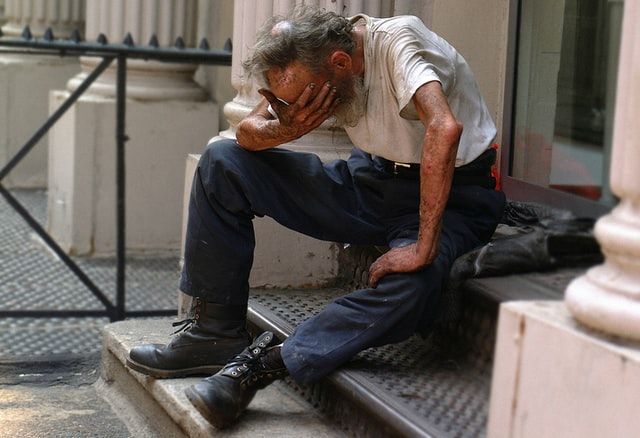Sticks and stones may break my bones but words will never harm me
What a great lesson to be taught as a youngster growing up in an area that is now the peace line. It was a daily occurrence back then to be taunted with words that were toxic.
Words that were designed to put you you down as a second class citizen. To make you feel like a stranger in your own land. Luckily for most of us, we learned how to hold our heads high and not take the bait.
It’s self compassion that brings about, well-being. With self-compassion we discover that we our not alone. We discover that everyone suffers and it’s not just me.
It’s amazing how we discover with the gift of time that we know and realise that hurt people hurt people. With the gift of compassionate inquiry we learn to develop forgiveness for ourselves and others.
I remember being told a wonderful Zen story about a monk by the name of Hakuin and the story is called 'Is that So?'
A beautiful girl in the village was pregnant. Her angry parents demanded to know who was the father. At first resistant to confess, the anxious and embarrassed girl finally pointed to Hakuin, the Zen master whom everyone previously revered for living such a pure life. When the outraged parents confronted Hakuin with their daughter's accusation, he simply replied "Is that so?"
When the child was born, the parents brought it to the Hakuin, who now was viewed as a pariah by the whole village. They demanded that he take care of the child since it was his responsibility. "Is that so?" Hakuin said calmly as he accepted the child. For many months he took very good care of the child until the daughter could no longer withstand the lie she had told. She confessed that the real father was a young man in the village whom she had tried to protect. The parents immediately went to Hakuin to see if he would return the baby. With profuse apologies they explained what had happened. "Is that so?" Hakuin said as he handed them the child.
What an amazing story. When I heard it first in the San Francisco Zen Centre, I got a sense of internal liberation, a sense of freedom from within. Today as we are bombarded with fake news I often pause and ask, "is that so?"
When work colleagues or community members make accusations against us, it’s good to remember that Zen story.
At Ccare (The Centre for Compassion and Altruism Research and Education) in Stanford University in California, researchers have discovered the benefits of compassionate response on ourselves and our community.
“Compassion helps us connect with others, mend relationships, and move forward while fostering emotional intelligence and well-being. Compassion takes empathy one step further because it harbours a desire for all people to be free from suffering, and it's imbued with a desire to help."
Compassion is the missing ingredient for our families, communities and country as we recover from the trauma of the Troubles. Compassion for me is the medicine for my troubled mind and the more that I practice self-compassion, the more, I recover and heal.
When I see and hear the requests for food at the food banks, it’s compassion that moves me into action, to give, to support in my own simple way. When I see a homeless beggar on the street and I sense their suffering, it’s compassion that moves me to reach into my pocket and give him/her a few bob without judging.
It’s self compassion that brings about, well-being. With self-compassion we discover that we our not alone. We discover that everyone suffers and it’s not just me.
And some good news just in: I have just been accepted to Ccare at Stanford University, to study compassion and I look forward to share with you in the future what I’ve learned.








